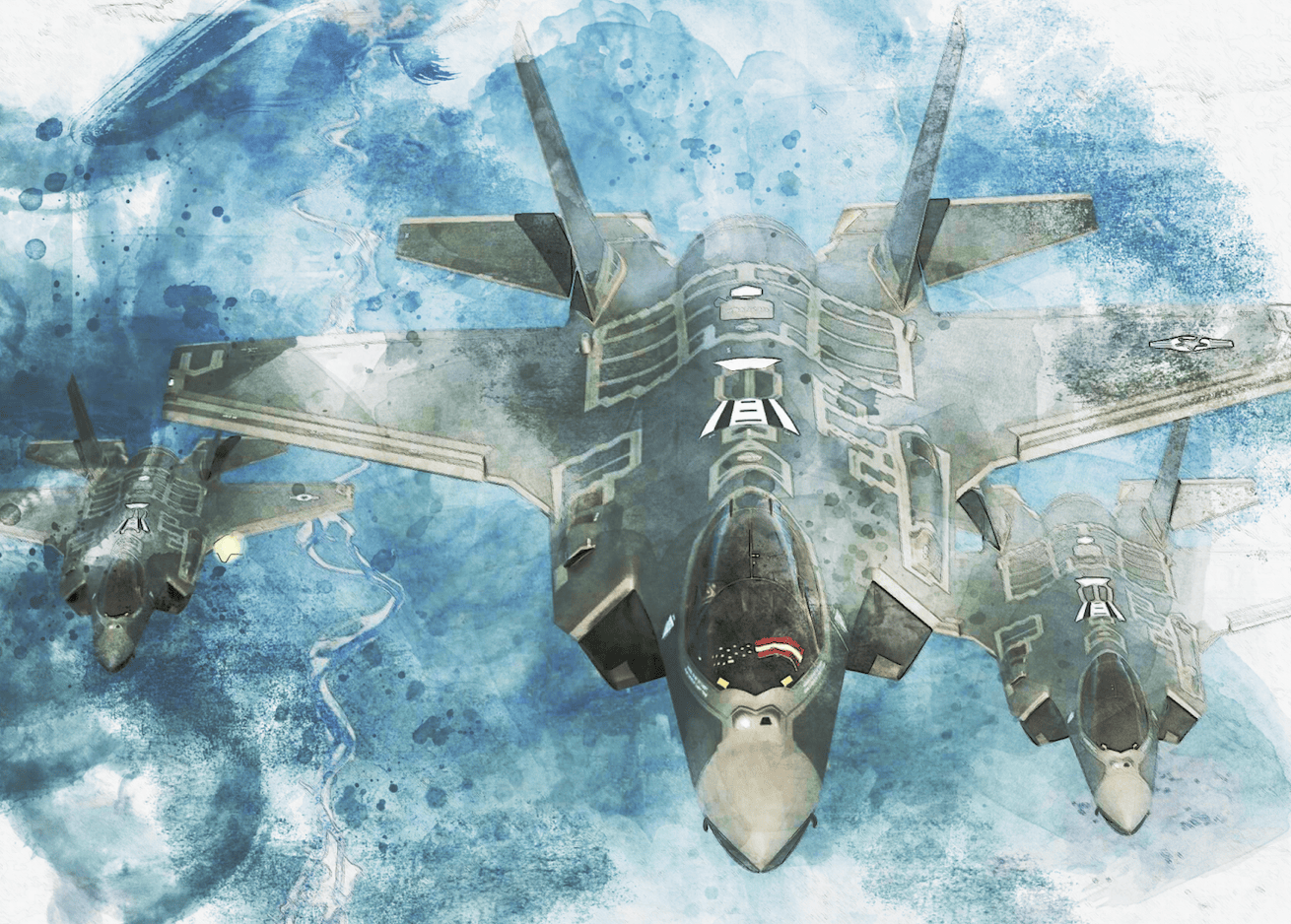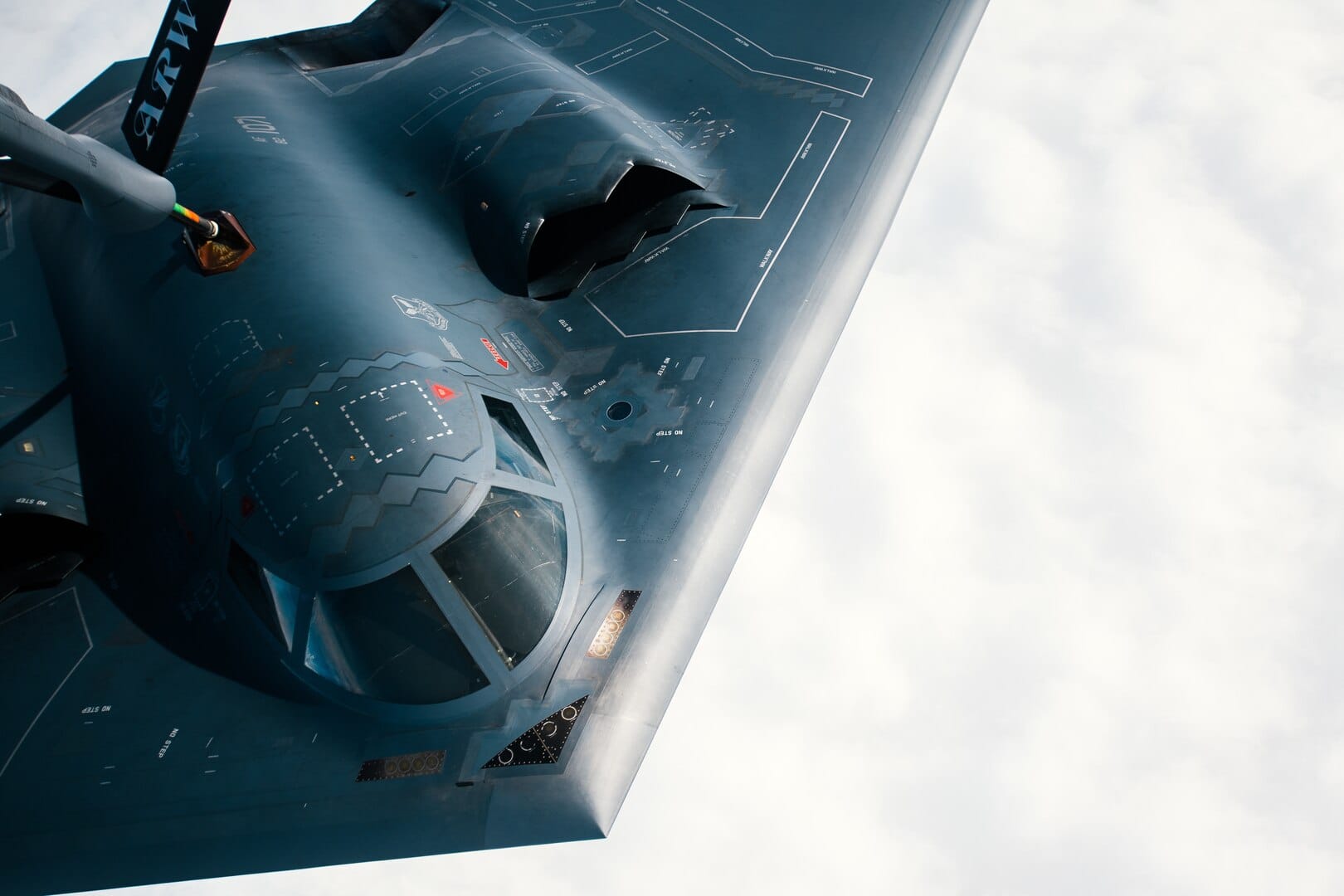A critical component of the Greek-Turkish conflict over the interconnected aeronautic spaces of the Aegean and Eastern Mediterranean seas has been a long-standing intense air-power competition which has seen both sides spending billions of US dollars at procuring and maintaining battleworthy fighter jets which engage in dogfights on almost daily basis.
The Hellenic Air Force maintains a total of 372 aircraft and is currently procuring the French 4.5 generation Rafale fighter jets, which are expected to be fully delivered by January 2025 jets and upgraded versions of its F-16 fleet to Lockheed Martin's Block 72 standard. The first upgraded F-16 was received at Tanagra air base in Greece on 12 September 2022 where the rest of the modernisation programme will take place and is set to be completed by 30 June 2027.
Meanwhile, successful lobbying mobilisation in the US Congress involving a broad coalition of Greek, Armenian, Jewish and Kurdish interest groups has effectively contributed to creating a roadblock for Turkish requests for the purchase of 40 new F-16 fighter jets and the modernisation of 79 older models. Head of the Foreign Affairs Committee, Robert Menendez has been adamant in his opposition to approving any potential sales to Turkey which have on principle been approved by the Biden administration. Knowing full well, however, the bulwark of bipartisan opposition, the administration has not yet officially notified Congress.
Over the summer, the drafting of the National Defence Authorization Act saw 184 Democrats and 60 Republicans in the House of Representatives offering their support to Democrat Chris Pappas's amendment that sought to condition any potential fighter jets sale to Turkey. The amendment would have effectively blocked the administration from selling F-16s to Turkey unless it was deemed to be critical for US security and provided that Turkey wouldn't use them for violating Greek airspace and flying over inhabited islands in the East Aegean.
While the proposition did not make it to the final draft approved by the Senate and sent off to the White House, it serves as an exemplary case study of the foreign policy-making powers asserted by the US Congress and the entrenchment of a bipartisan coalition, albeit with a clear Democrat majority, that does not shy away from regulating and conditioning critical aspects of US -Turkish relations in light of what Senator Menendez has described as the "absolutely awful" foreign policy of Turkish President, Recep Tayyip Erdogan. The Senator's position vis-a-vis Turkey extends across the entire spectrum of unilateral Turkish actions in its vicinity which fuel regional conflicts and drive expansionist policies at the expense of Cyprus, Greece, Syria, Iraq, Libya and Armenia. Nothing can perhaps reflect best the values-based core of his positions than his own words on the matter:
But if standing up to human rights abuses makes me an enemy of Erdogan – if calling out Turkey for arming Azerbaijan and enabling the massacre of innocent Armenian civilians makes me an enemy of Erdogan – if demanding Turkey recognize Greek and Cypriot sovereignty makes me an enemy of Erdogan – then it is a badge I will wear with honor.
Senator Robert Menendez,
Former Chair of the Foreign Affairs Committee of US Congress
The Biden administration has openly welcomed Turkey's F-16s' request and attempted to accommodate Congress's concerns in a newly-proposed weapon sales that would see the acquisition of new F-16s by Turkey and at least 30 F-35 5th generation fighter jets by Greece. This patchwork proposal could become the largest US weapons sales in recent history and would accommodate the security and defence needs of both NATO allies. The asymmetry, however, is evident as even though Greece could receive the F35 by 2028, the acquisition of the French Rafale fighter jets and the F-16s' modernisation is already underway and make up for Greek air superiority over the skies of the Aegean and Eastern Mediterranean.
Turkey, on the other hand, dramatically wasted a golden opportunity to shift the balance of power vis-á-vis Greece in its favour for the foreseeable future by getting itself kicked off the F-35 programme following the acquisition of the Russian S-400 air defence system. If it wasn't for President Erdogan's short-sighted brazen foreign policy-making at the time, the Turkish air force would have been receiving 100 of the cutting-edge 5th generation F-35A 5th fighter aircraft.
While, nowadays, Turkish policymakers have understandably expressed frustration and ire against Senator Menendez and the "Greek lobby" working against the potential acquisition, President Erdogan's looming veto threat over the accession of Finland and Sweden in NATO further complicates US-Turkish relations.
The Biden administration has been adamant that it does not intend to link the two issues in the same transactional manner that Turkish diplomacy has treated the candidacy of the two Nordic countries and the issue of Kurdish groups and Turkish opposition figures. The same does not apply to the US Congress as a statement by a group of bipartisan lawmakers underlined on February 2:
We write with concern about President Erdogan and the Republic of Türkiye’s continued delays in ratifying the accession protocols for Sweden and Finland to join the North Atlantic Treaty Organization (NATO). Failure to ratify the protocols or present a timeline for ratification threatens the Alliance’s unity at a key moment in history, as Russia continues its unprovoked invasion of Ukraine.
Once the NATO accession protocols are ratified by Türkiye, Congress can consider the sale of F-16 fighter jets. A failure to do so, however, would call into question this pending sale.
This marked the first time that Congress linked the potential F-16 sale to the entry of Finland and Sweden into the alliance. On the other hand, the administration has openly rejected the notion that the sale of F-16s would be linked to other issues, namely Turkey's veto on the Nordic countries. This kind of diplomatic "blackmail" has ironically been employed by Turkey herself, having established the precedent by linking the accession of Finland and Sweden into the alliance with the extradition of members of opposition groups (such as FETO) and Kurdish individuals allegedly linked with the YPG, a US non-state ally that Turkey regards to be a terrorist organisation.
Additionally, it is also demanding full support for Turkish participation in European Union's Common Security and Defence Policy and in PESCO Project on Military Mobility. This latter component of the Trilateral Memorandum between Turkey, Sweden and Finland could potentially prove problematic for EU member, Greece, which has vested interests in containing and deterring Turkish policies and actions in the Aegean and East Med, often addressing those issues with the EU for political support.
With the future of the Turkish air force hanging in the balance, the country has wisely prioritised the development of cheap, and yet effective drone platforms. They have already seen action in the skies over Nagorno-Karabakh where they assisted immensely the Azeri military effort against a poorly-prepared and chronically underfunded Armenian army, in Libya against General Haftar's Libyan National Army forces and Syria against Kurdish guerillas. The operational environment in the Aegean, however, and the existing balance of power in the sea, land and air pose a unique challenge for Turkey.
Units of the Hellenic Army and the National Guard are not the European equivalents of the YPG or Libyan fighters. Any ill-advised attempted landings, setting aside the deep irrationality of such a decision, will quickly turn to a bloodbath, second only to the ongoing war in Ukraine. While, indeed, Turkish drones provide a qualitative and operational edge against Greece which has yet to produce similar unmanned platforms, wars are never won solely by airpower as history has shown.
You may fly over a land forever; you may bomb it, atomize it, pulverize it and wipe it clean of life- but if you desire to defend it, protect it and keep it for civilization, you must do this on the ground, the way the Roman legions did, by putting your young men on the mud.
Theodore Reed Fehrenbach
Lacking an advantage in conventional airpower and with Greece set to acquire the F-35 as soon as 2027, with Congressman Menendez’s recent approval of the F-35 sale to Greece paving the way, the balance of air power in the Aegean is changing fast at the expense of Turkish expansionism and encroachment on Greek sovereignty and sovereign rights.















Discussion